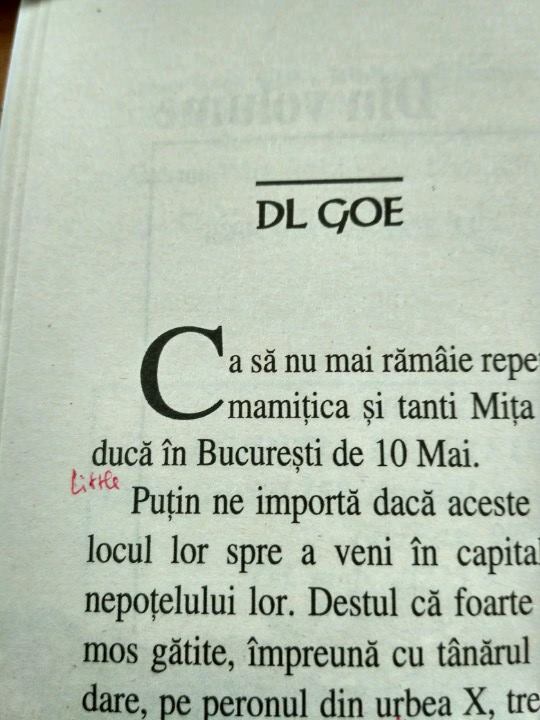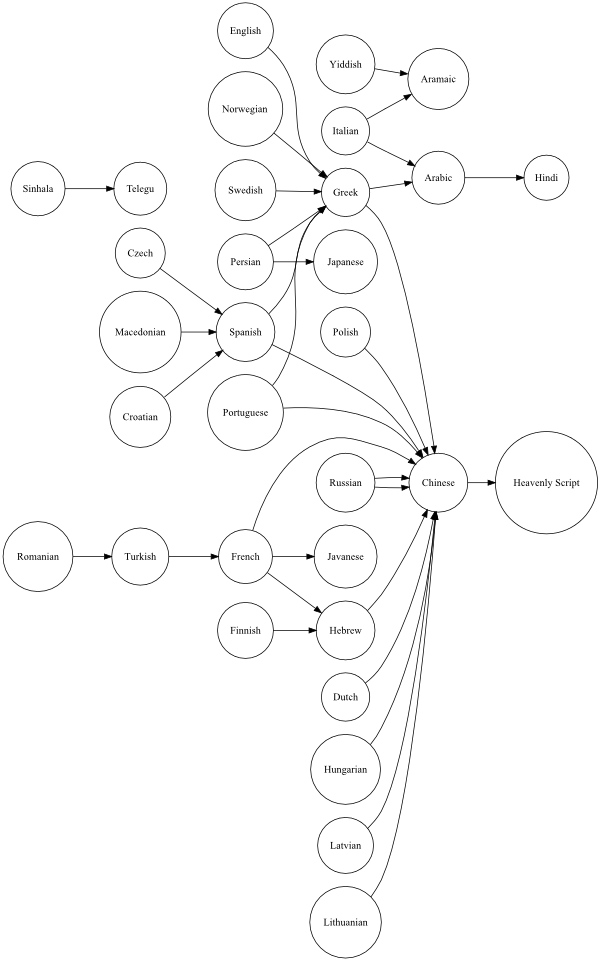О людях-придурках магических ритуалах, правильных названиях, блестящей монополии и о том, что следовало переназвать птицу, когда Гоголь умер.
[Tarahumara] are said to use the same word for “dancing” and for “working”—obviously because the distinction between these two activities is not immediately apparent to them, since in their scheme of things dance and agriculture serve essentially the same purpose of providing the means of livelihood. The growth and prosperity of their crops seems to them to depend as much or more on the correct performance of their dances, their magical and religious ceremonies, than on prompt and proper attention to the soil.
In the Kate language, which is current in New Guinea, there is a word bilin, which denotes a certain kind of grass with tough stems and roots that are wedged firmly in the soil; the latter are said to hold the earth together during earthquakes, so that it does not break apart. When nails were first introduced by Europeans, and when their use became popularly known, the natives applied this word to them—as also to wire and to iron rods, in short, to everything that served the purpose of holding things together.
Georg von der Gabelentz, in his book on the science of language, mentions the edict of a Chinese emperor of the third century B.C., whereby a pronoun in the first person, that had been legitimately in popular use, was henceforth reserved to him alone.
The dead may, at any moment, be literally “invoked,” the moment those who survive him speak his name. As everyone knows, the fear of such visitation has led many savages to avoid not only every mention of the departed, whose name is tabooed, but even the enunciation of all assonances to his name. Often, for instance, an animal species whose name a defunct person had borne has to be given a different appellation, lest the dead man be inadvertently called upon by speaking of the beast.” In many cases procedures of this sort, entirely mythic in their motivation, have had a radical influence on language, and modified vocabularies considerably.
Ernst Cassirer, “Language and Myth”

